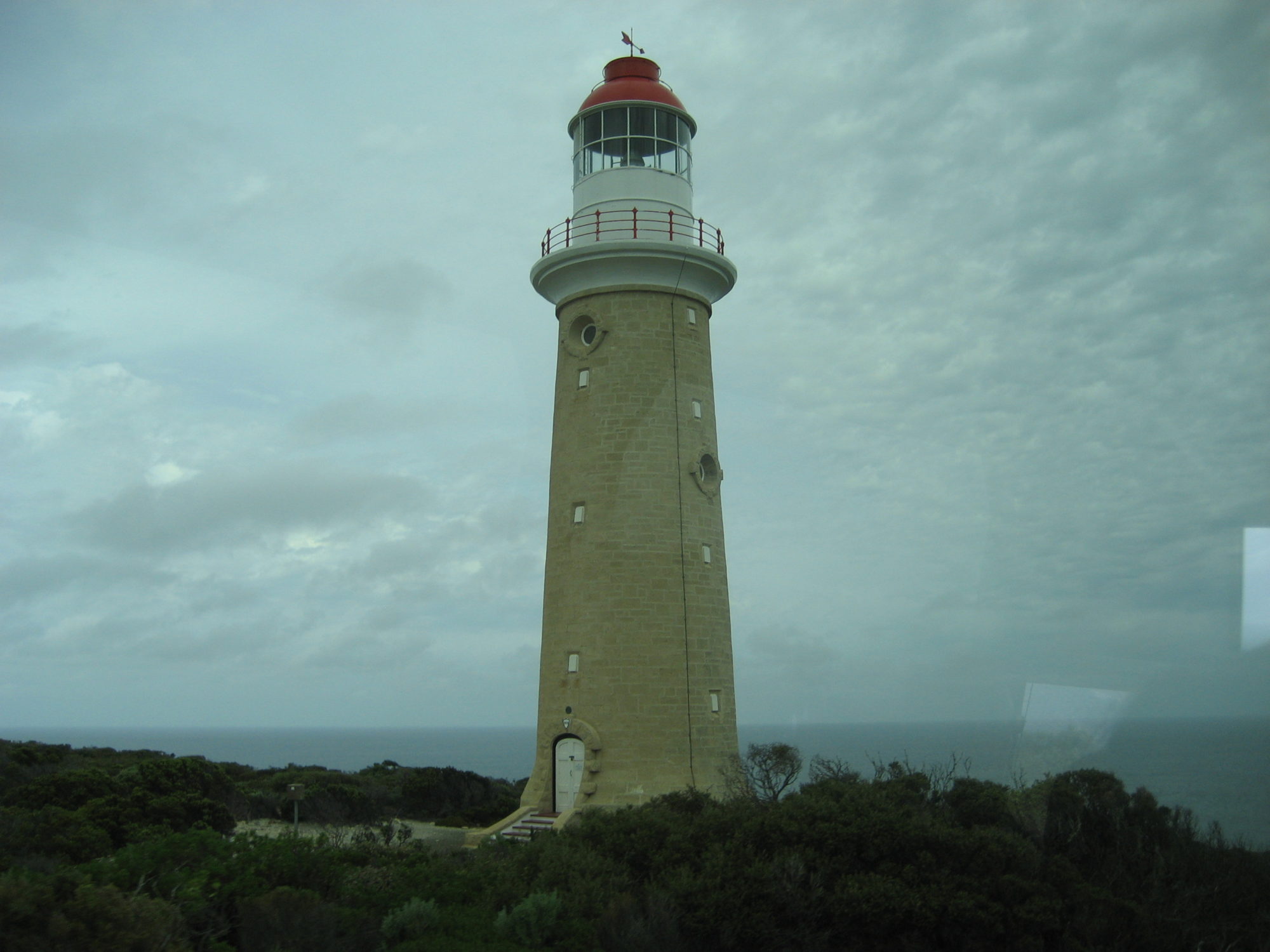Hi and welcome back. Time to continue our visit to the Isle of Lewis, largest of the Outer Hebrides. Hugh, of Hebridean Isle Tours, has been giving us a great tour of his island. So far, in Part 1, we have seen Black Houses, St. Moluag’s Church and the Butt of Lewis Lighthouse.
The next stop was the Dun Carloway, a broch situated in the district of Carloway, on the west coast of the Isle of Lewis. A Broch is an Iron Age structure designed to impress and defend, and were probably the homes of tribal leaders and important members of the community.

The Carloway Broch 
Some Local inhabitants
They are built with two concentric walls of stone, with a stairway or gallery within the walls to the upper floors.

Inner Stairway 
View From the Top

More steps, narrow and uneven 
Me, just to give perepective
You can see from my picture that the stairways and hallways are very narrow and steep. And, cold. Stone walls and stone floors and open passageways: cold.
The Broch at Carloway is one of the best preserved in the Hebrides and dates back over 2000 years. It is approximately 9 metres (27 feet) high and 15 metres (45 feet) in diameter. A Broch is a very resilient structure and was often used for defense.
Next on to The Calanais Stones. They are an arrangement of standing stones placed in a cruciform pattern with a central stone circle of 13 stones. They were erected about 5000 years ago, and were a focus for ritual activity during the Bronze Age.

The Calanais Standing stones 
To give perspective
After visiting the Calanais Standing Stones we headed home to Stornoway and the County Hotel. On the way back we were caught in a terrible Isle of Lewis traffic jam.

Trafic Jam on Lewis 
Thank you, Shepherd
The next morning, we caught the 7am ferry back to Ullapool and then the bus to Inverness, where we stayed the night. After a visit to Leakey’s Secondhand Bookshop, we got the train for Elgin and the bus for Cullen.

If you visit Inverness, don’t miss Leakey’s. It is a landmark and unlike any other bookshop you will ever see. Check it out on FaceBook. Their pictures are better.
So, that is the end of our adventure to the Isle of Lewis. I hope you are inspired to make your way there sometime. See you next time.

And our houses are “used” and out of date in 35 years. Probably won’t even be a memory in 100. Hurray for the ancients’ building skills and the moderns’ appreciation of them!
I LOVE traveling along with you guys! I’m learning and seeing things every entry. Thanks so much for taking the time to bring us all along.